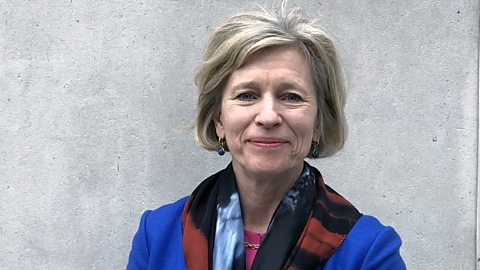Neuroscience
The Infinite Monkey Cage. Series 22, The Human Brain. Audio, 28 minutes
Brian Cox and Robin Ince are joined by Conan O'Brien to look at the amazing human brain.
- AttributionBBC Radio 4
- Available for over a year
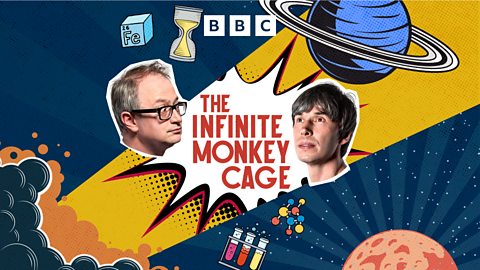
Don’t Tell Me The Score. Calming the voice in our head: Ethan Kross. Audio, 48 minutes
Harnessing the power of the conscious mind and settling inner chatter.
- AttributionBBC Radio 4
- Available for over a year
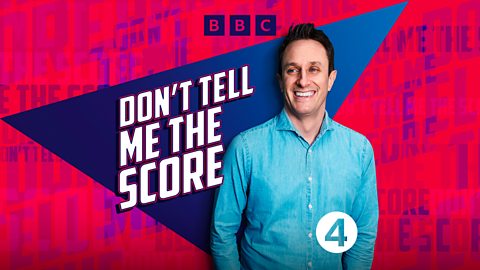
Curious Cases. Series 17, The Flying Clock and the Stopped Watch. Audio, 50 minutes
Do individuals perceive time differently? asks Joe from North Yorkshire
- AttributionBBC Radio 4
- Available for over a year
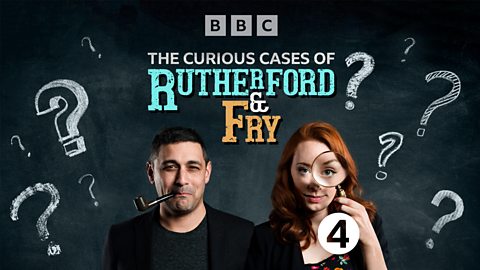
- Attribution
- Posted12 December 2020
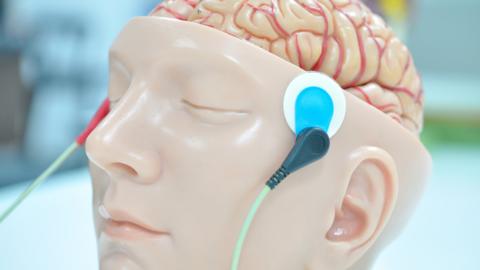
The Interview. Owase Jeelani: Making life and death decisions. Audio, 23 minutes
Stephen Sackur speaks to the paediatric neurosurgeon Owase Jeelani
- AttributionBBC World Service
- Available for over a year
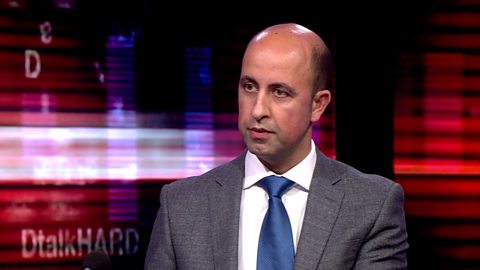
The Orgasm Cult. 2. What is an orgasm? Audio, 18 minutes
This podcast is the subject of a legal complaint.
- AttributionBBC Radio 4
- Available for over a year
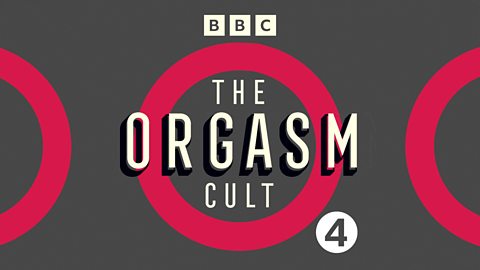
Discovery. Anatomy Of Touch, Digital touch. Audio, 27 minutes
Can touch be replicated digitally?
- AttributionBBC World Service
- Available for over a year
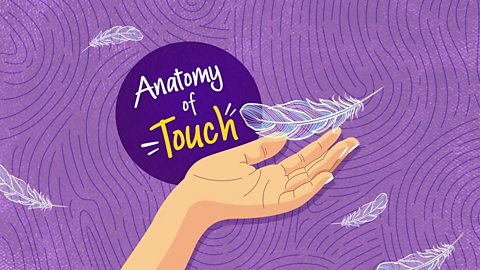
BBC Inside Science. 08/10/2020. Audio, 34 minutes
The science of affectionate touch, from the skin to brain.
- AttributionBBC Radio 4
- Unavailable
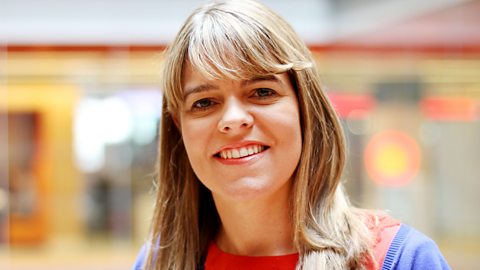
The Spark. Kiran Gill and Excluded Pupils. Audio, 43 minutes
Leading thinkers propose solutions to the structural problems of our age.
- AttributionBBC Radio 4
- Available for over a year
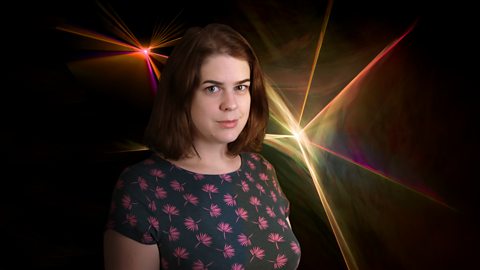
- Attribution
- Posted1 September 2020
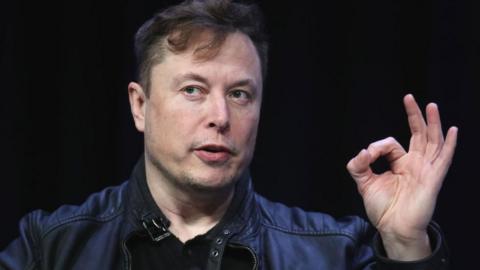
- Attribution
- Posted29 August 2020
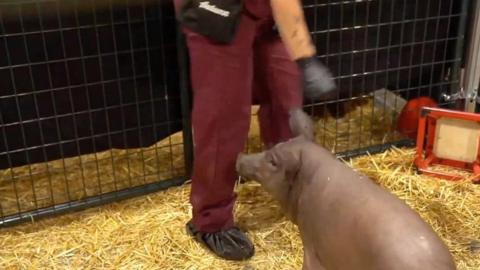
- Attribution
- Posted28 August 2020
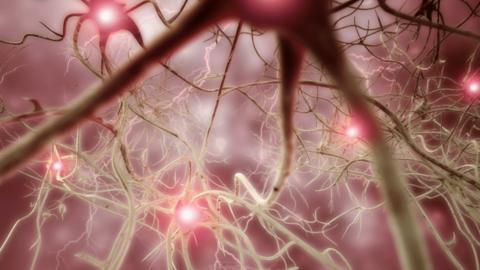
Why is it so much easier to choose doughnuts over broccoli? BBC Ideas. Video, 00:04:50
BBC Ideas looks at why your brain chooses one food over another
- AttributionBBC
- Posted20 July 2020
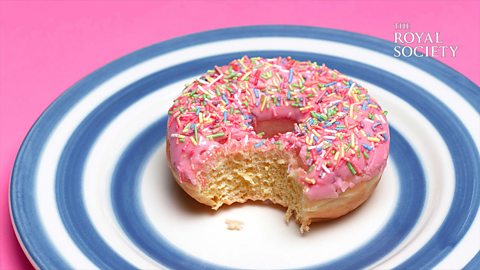
Why metaphors are more powerful than you think. BBC Ideas. Video, 00:03:36
BBC Ideas explores how metaphors shape how we see the world
- AttributionBBC
- Posted6 August 2020
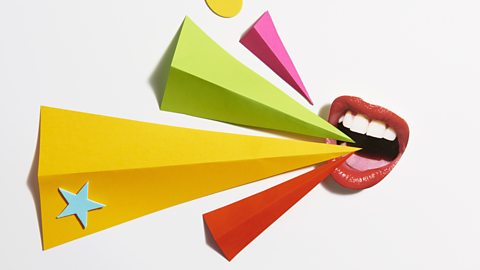
- Attribution
- Posted28 July 2020
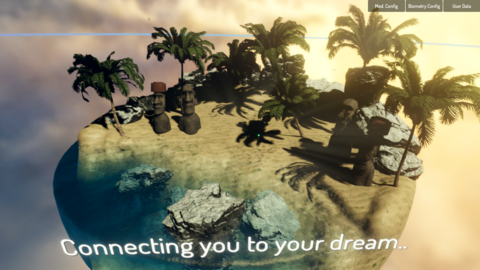
Why is it so much easier to choose doughnuts over broccoli? BBC Ideas. Video, 00:04:50
BBC Ideas looks at why your brain chooses one food over another
- AttributionBBC
- Posted20 July 2020

Rethink. V.S Ramachandran: Rethinking Brains. Audio, 8 minutes
Neurologist Ramachandran asks how the pandemic has changed how we think about ourselves.
- AttributionBBC Sounds
- Unavailable
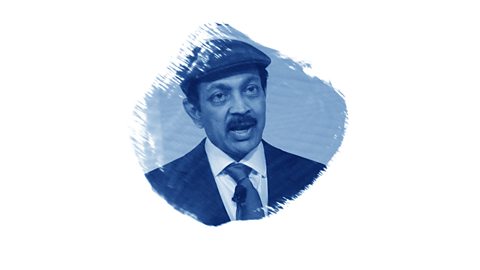
Health Check. Pain and the brain. Audio, 27 minutes
New understanding about pain
- AttributionBBC World Service
- Available for over a year

Blind Mind's Eye. Audio, 28 minutes
Sue Armstrong hears the personal experience of people with aphantasia - no mind's eye.
- AttributionBBC Radio 4
- Available for over a year
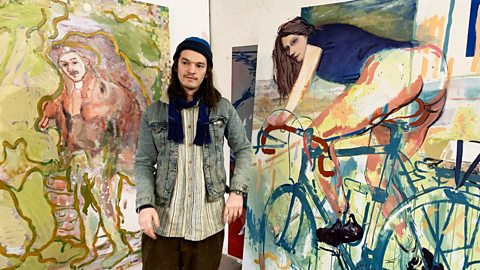
Discovery. Adrian Owen. Audio, 27 minutes
Adrian Owen tells Jim Al-Khalili about his search for awareness in brain-injured patients.
- AttributionBBC World Service
- Available for over a year
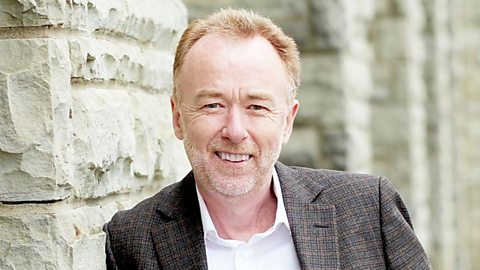
The Life Scientific. Anya Hurlbert on seeing colour. Audio, 28 minutes
Anya Hurlbert tells Jim Al-Khalili how colours are made in the mind.
- AttributionBBC Radio 4
- Available for over a year
